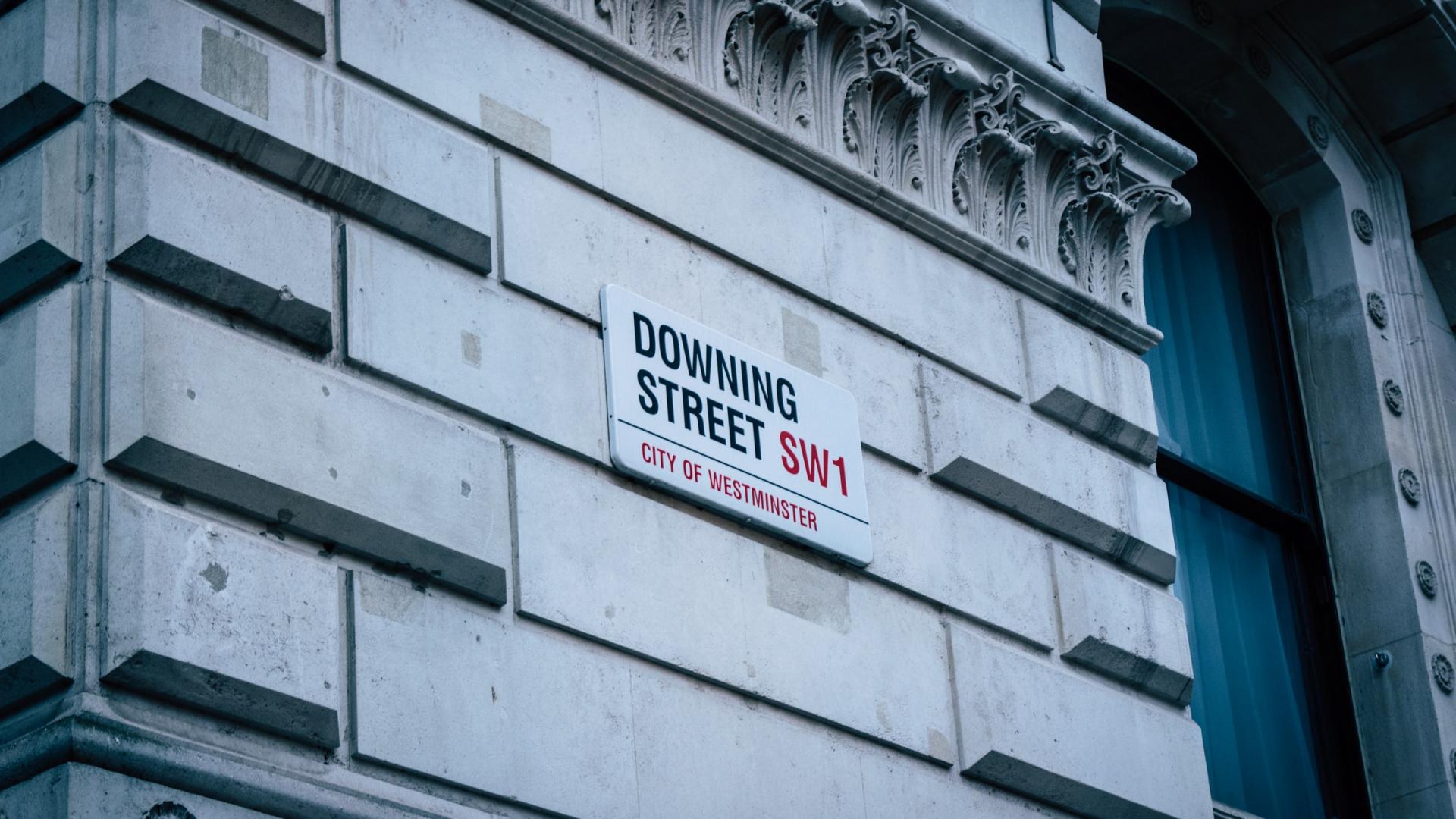It feels like the sector’s relationship with government is at a particular low point.
Nigel Huddleston, the recently appointed Charity Minister, was confirmed in the role three weeks after the re-shuffle. I wonder if this breaks the record for slowest appointment of a ministerial position?[1] Huddleston must focus on charities in amongst his many other responsibilities - Sport, Tourism, Heritage, and the Commonwealth games. Huddleston doesn’t appear to have any obvious voluntary sector experience or connection. The charity sector no longer has a minister dedicated solely to it[2], and it seems unlikely this will change under the current administration.
This appointment plays out against the wider backdrop of a government that believes it has little to gain or lose from the sector. Now, it just seems simply disinterested. Charities are likely not alone in this feeling. HGV firms, energy companies, and energy intensive industries may be experiencing the same frustrations – particularly as the Prime Minister holidays in Spain[3] in the face of what feels like numerous ever-growing crises at home.
Despite this apparent ghosting/deprioritising of the sector, senior government figures, including the Prime Minister, have been able to find the time to comment on and criticise individual charities. One of Oliver Dowden’s last public communications before being demoted in the re-shuffle was to tell charities they had to get back on track, referencing the Churchill Fellowship in particular:
the Churchill Fellowship, sparked debate with a controversial rebrand which appeared to airbrush Sir Winston Churchill from its public profile. The Churchill Fellowship has now stated that it is not seeking to disown the reason that they exist, which is welcome. But I found it quite extraordinary that it got to the position where this clarification was required.
This is just another example of a worrying trend in some charities that appear to have been hijacked by a vocal minority seeking to burnish their woke credentials. In so doing they not only distract charities from their core missions but also waste large amounts of time and money.[4]
The government sees political gain in these attacks. It is in a ‘culture war’. By taking a stand against ‘woke culture’, it is defining its own position of what it stands for – protecting British traditions and history. Any charity that is seen to be on the wrong side of ‘woke’ is a prime target. As Jacob Reese-Mogg commented in relation to the National Trust’s recent report, “it should remember that its properties were given to it by people who expected them to be custodians of our history, proud of our history and to think well of our great nation.”[5] As another Conservative MP said in our research about the National Trust, ‘stop pandering to metropolitan Wokery.’
So where does this leave the relationship with charities?
Well, not in a great place. First, many charities and their staff feel they are the right side of the ‘culture war’ - writing a blog about white privilege; exploring their organisation’s historical links to slavery; or examining racial injustice within their own organisation. Many charities are doing these things because they believe they are the right thing to do. We can expect more confrontations on these issues in the future.
Furthermore, our Charity Parliamentary Monitor research with MPs highlights that Conservative MPs have a different view of charity to many who work in the sector. For example, only 47% believe it is acceptable for a charity to challenge government policy, and a third think it acceptable for a charity to campaign against the causes and effects of structural racism (Mar/Apr 2021).
However, in spite of all these difficulties, the majority of Conservative MPs will hold good relationships with individual charities, ranging from local organisations to national charities working on a cause they care passionately about. Commenting on their work with one prominent dementia charity in Spring 2021, for example, a Conservative MP said, ‘Always happy to hear from [charity] and support their representations to, and work with, government.’
Undoubtedly though, the state of the relationship does make it harder to achieve political success, and this is a worrying place to be. However - it is interesting that perhaps the most successful campaign of recent times was also one of the most confrontational. Marcus Rashford and Fareshare’s campaign on children accessing free school meals managed to change the government’s position and achieved some success despite putting the prime minister in a very uncomfortable position.
Aside from being confrontational, there are many different campaigning tactics charities can deploy. More than ever, charities must work through the possible consequences of their campaigns and plan for them. If you are campaigning in a ‘culture war’ area, be prepared for the fallout, and be ready with your defence. And as we’ve seen with the recent RNLI/Nigel Farage debate, criticism can be turned into a positive.
[3] At the time of writing - https://www.theguardian.com/politics/2021/oct/11/no-10-defends-boris-jo…

